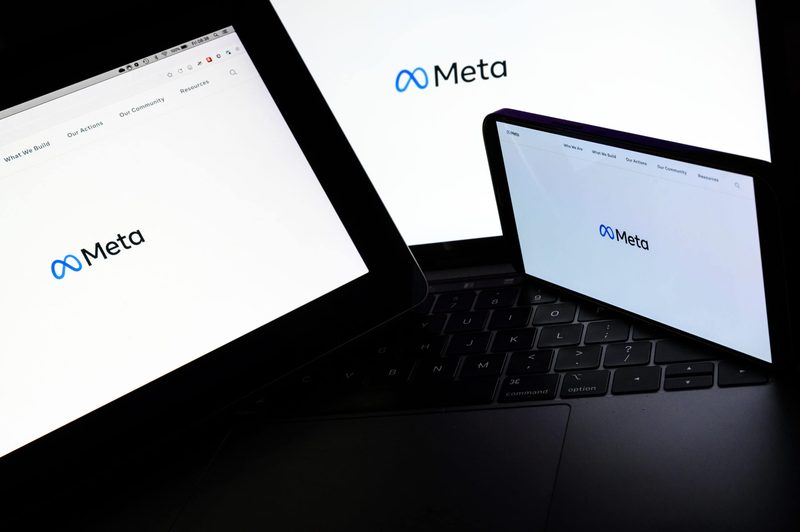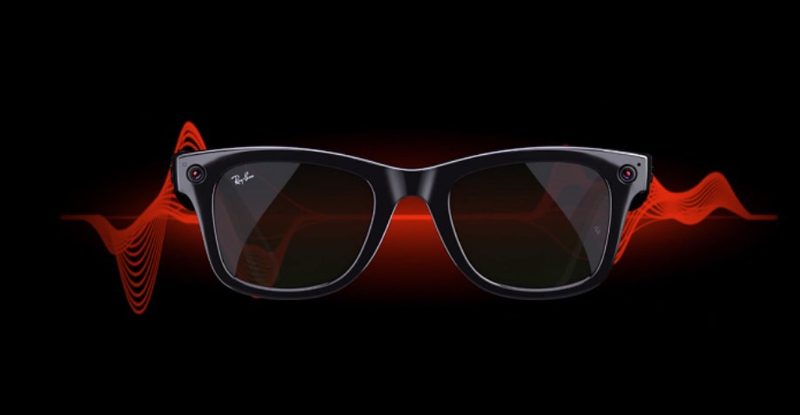Retail stories of Meta are coming. It makes sense for Facebook, or Meta, the parent brand now known as “other ways to connect with friends and family” – which has expanded its inventory of physical goods gradually over time – to consider brick-and-mortar locations as a way to better promote its next-level hardware designs.
As per NYT:
“Meta has discussed opening retail stores that will eventually span the world, said people with knowledge of the project and company documents viewed by The New York Times. The stores would be used to introduce people to devices made by the company’s Reality Labs division, such as virtual reality headsets and, eventually, augmented reality glasses, they said.”
Meta’s view of the metaverse
The broader idea is that, in order to lead people toward Meta’s view of the metaverse, an immersive digital world with limitless possibilities, Meta will need to distribute more of these tools into more homes and physical shops might be a better way to establish direct-to-consumer supply chains while also allowing for new showcase opportunities to generate more income.

In the areas of AR and AI, Meta’s VR headsets appear to be the most obvious area for innovation, with the company’s fully-enabled metaverse vision focused on entirely interactive VR worlds that would only truly be possible in a virtual reality world.
In a digital world where everything is becoming increasingly connected, Meta could establish the core platform that would allow for such connection. It will be well-positioned to play a crucial part in the next stage of digital connection – which Meta has been adamant about repeating – because it may build the central platform that would facilitate such connection. But in reality, someone will have to construct the platform that other developers can connect to, and Meta is probably best positioned to play an important role in defining those parameters.
That will eventually necessitate the formation of an independent consortium, or industry-wide agreement, to allow for the development of worldwide schemas and data sharing procedures for interoperability within the sector, as well as broader creative and collaborative pathways. Meta, on the other hand, with its strong VR background (now known as Oculus), appears to be well-placed to take advantage of this shift.
Meta’s metaverse tools
Meta already has a lot of interest from consumers, and its standalone VR units have already shown strong demand. Meta now also offers a Portal video-calling device that has witnessed an increase in sales as the pandemic spreads, and its Ray-Ban Stories smart glasses collaboration.

Meta’s also said to be working on a new smartwatch, and the company may be considering developing new beacons for retail shops as a method to improve direct sales information in response to Apple’s ATT upgrade.
On another front, Meta may wish to add full-body scan booths in these stores in order to facilitate greater immersion into the virtual realm.





